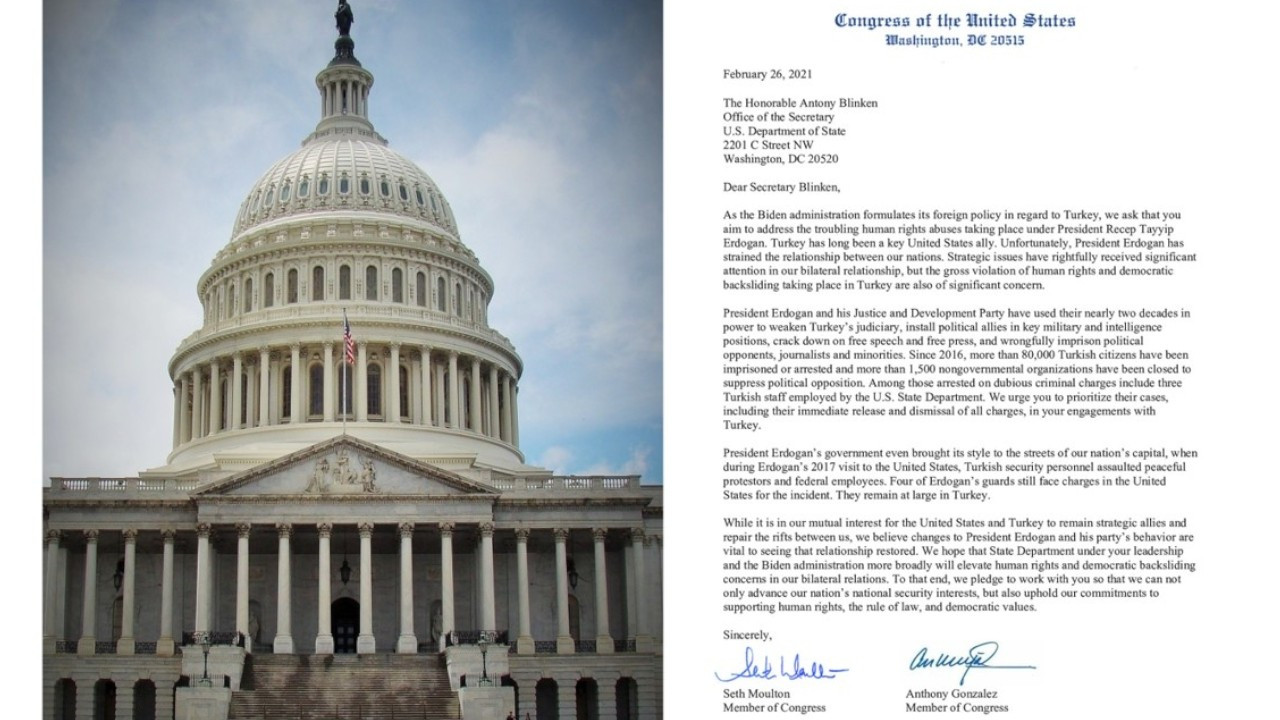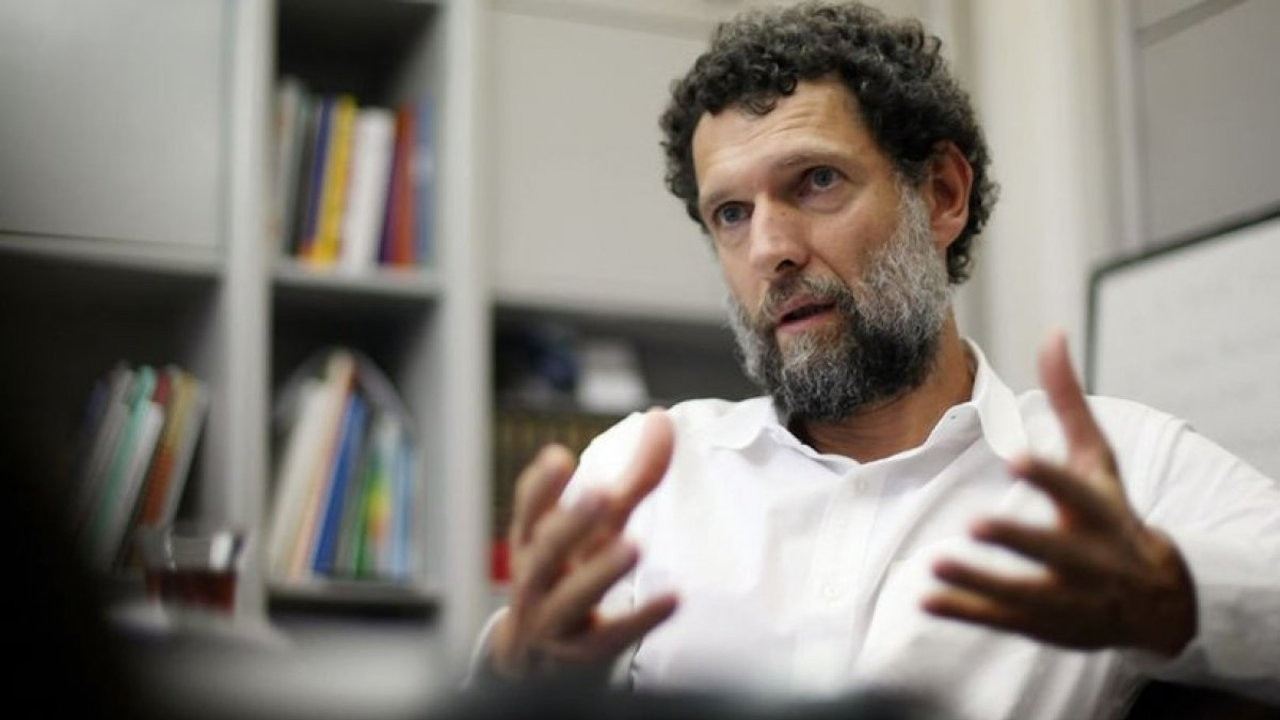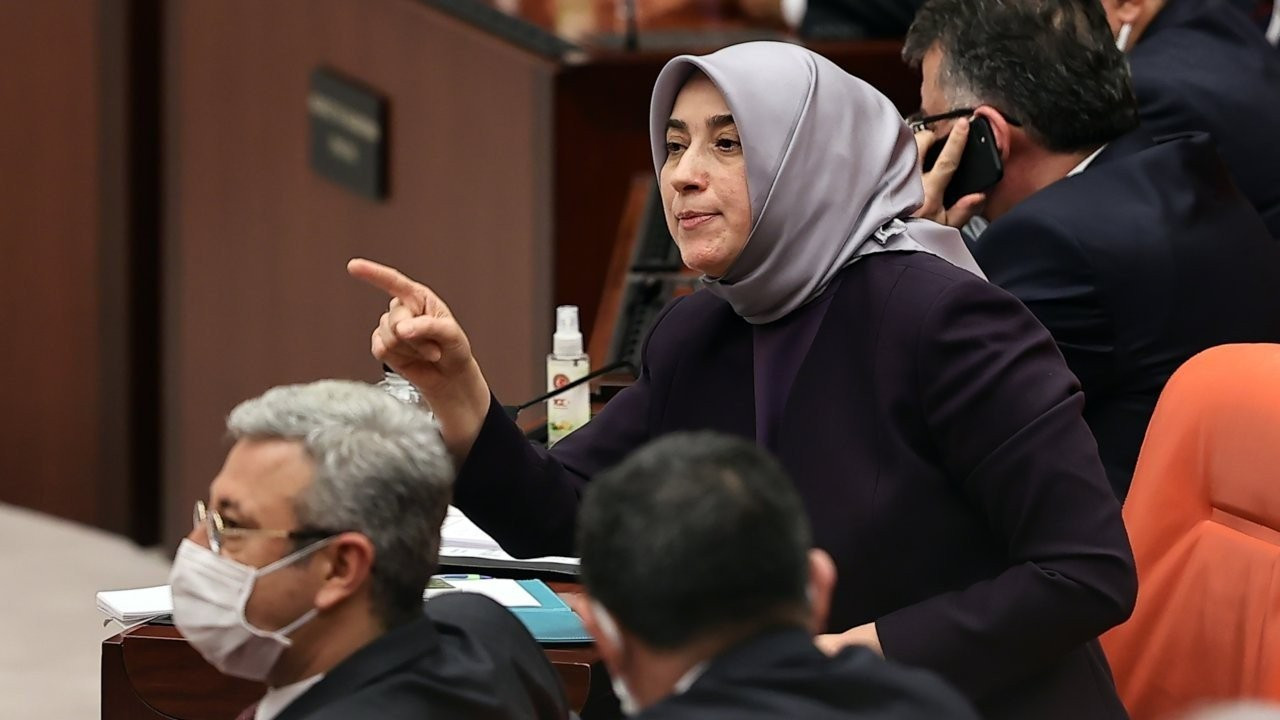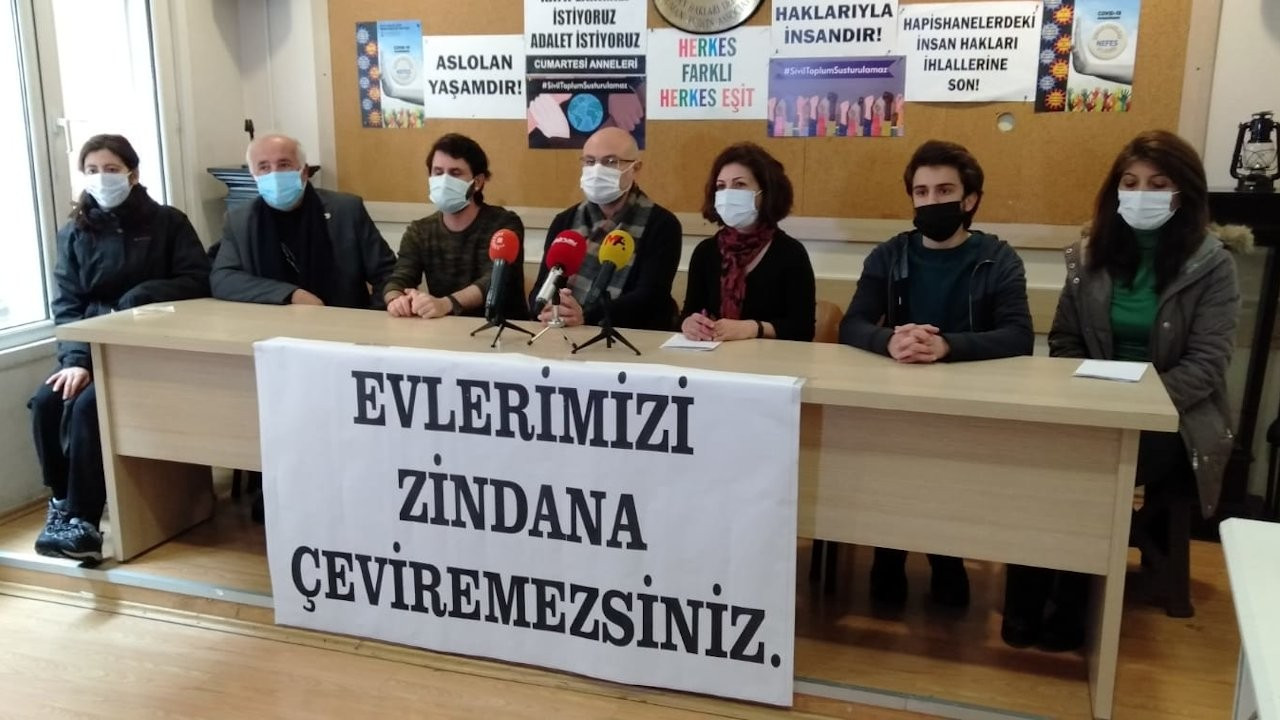Erdoğan vows to strengthen human rights in new gov't plan
President Recep Tayyip Erdoğan has vowed to strengthen human rights in Turkey, as he announced a new government plan titled "Human Rights Action Plan." The nine-point plan will be implemented over the course of two years in Turkey - a country filled with human rights abuses.
Duvar English
President Recep Tayyip Erdoğan on March 2 unveiled a new government plan on strengthening human rights in Turkey, which ranks near-bottom on numerous rights indexes.
Erdoğan revealed the "Human Rights Action Plan" in a ceremony held in the capital Ankara and said that Turkey would strengthen the right to a fair trial as well as freedoms of expression and organization in the country.
“The action plan is an example of our will for change and reform that continues and will continue,” he said.
The plan, promised in recent months as part of a series of legal and economic reforms, will be implemented over the course of two years and would also improve the judiciary system, Erdoğan said.
No one can be deprived of their freedom because of their thoughts, said Erdoğan, who has faced criticism both at home and abroad for his increasingly autocratic rule over the NATO member country.
As part of a nine-point plan, Erdoğan outlined measures to improve the judicial system in areas including nationalization of land and the trial of minors, to steps to ensure a speedy trial and ease business conditions. He said the government was reviewing prosecution of crimes related to the press and the internet.
"Improving freedom of expression, organization and religion...is the goal we have so far worked the hardest on," he told ministers and other government officials.
"We will not water every flower we see," Erdoğan added. "While watering a flower with its head bent means justice, watering a thorn means cruelty."
Critics say Erdoğan's government applies political pressure on the judiciary, which has been bent on punishing thousands of the government's perceived opponents since a failed coup in 2016. Ankara says courts are independent and it has acted in the face of threats to the country.
Turkey has ignored rulings by the European Court of Human Rights for the immediate release of high-profile philanthropist Osman Kavala, jailed more than three years without conviction, and Selahattin Demirtaş, former leader of Turkey's third-largest party, the pro-Kurdish Peoples' Democratic Party (HDP).
The court, whose rulings are legally binding, says such detentions violate human rights and only serve to limit pluralism and political debate.
Erdoğan added on March 2 that a committee would be set up to observe human rights conditions in prisons and that a human rights report on Turkey would be published annually.
Claims of boosting freedom of expression
According to Erdoğan, the plan was formed in line with the people's demands.
“We will continue to stand by the citizens against all kinds of threats to the dignity, belief, values, and life of the people,” he said, noting that the new plan includes nine main goals, 50 targets, and 393 actions.
Giving more details of the new plan, he said: “We aim to boost the effectiveness of the system of individual applications to the Constitutional Court.”
Under the plan, lawyers will be able to electronically file individual applications to the Constitutional Court, and administrative courts will be required to release full written decisions within 30 days of rulings.
To strengthen democratic participation, Erdoğan said, the country will start comprehensive work to revise the political parties and electoral laws.
A new Human Rights Compensation Commission will cover the financial burden of long trials without the need to apply to the Constitutional Court, said Erdoğan, adding that a new investment ombudsman's office will be set up to settle disputes between the administration and investors.
Turkey will also provide open access to the decisions of the ombudsman and human rights and equality institutions while also protecting personal data privacy, he said.
Erdoğan claimed that in order to boost the standards of freedom of expression and the press, Turkey, which is a leading jailer of journalists in the world, is developing measures to facilitate journalists’ professional activities.
Under the new action plan, Turkish police will be able to take statements anytime – 24 hours a day, seven days a week – and the country will end time limits for disciplinary probes of torture allegations, according to the president.
“The ultimate aim of Turkey's action plan is a new civilian constitution,” Erdoğan said, reiterating his wish to draft a new charter.

 Over 170 US lawmakers urge Biden administration to pressure Turkey over 'troubling' human rights abusesDiplomacy
Over 170 US lawmakers urge Biden administration to pressure Turkey over 'troubling' human rights abusesDiplomacy Rights groups urge Council Of Europe to act in Osman Kavala's caseHuman Rights
Rights groups urge Council Of Europe to act in Osman Kavala's caseHuman Rights AKP MP Özlem Zengin claims women get pregnant upon orders of illegal groups in face of criticism on babies in prisonsHuman Rights
AKP MP Özlem Zengin claims women get pregnant upon orders of illegal groups in face of criticism on babies in prisonsHuman Rights Houses of HDP members 'turned to prisons'Human Rights
Houses of HDP members 'turned to prisons'Human Rights